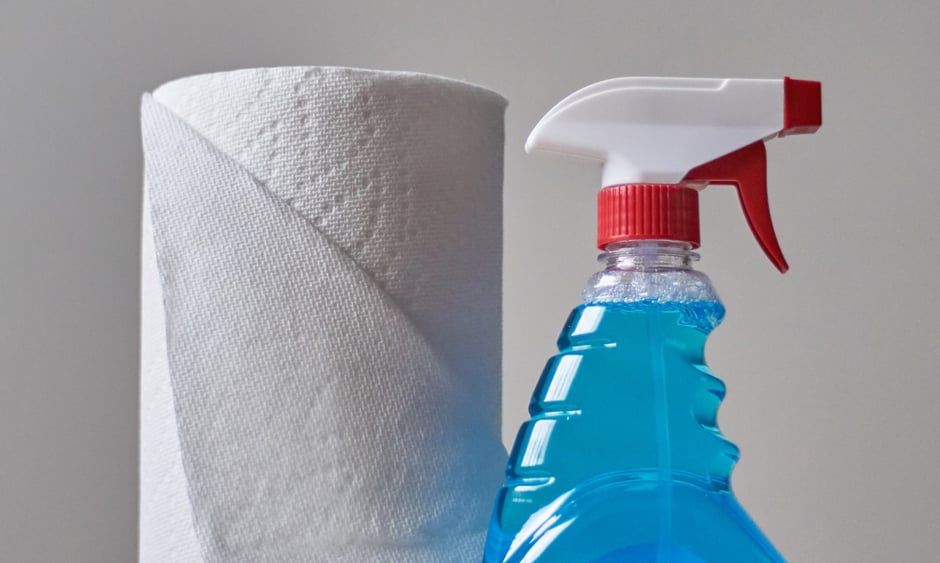THE VIRUS associated to coronavirus disease 2019 (COVID-19), severe acute respiratory syndrome coronavirus 2 (SARS-CoV-2), has shown to be stable longer than you may have expected. New research reveals that SARS-CoV-2 remains stable for several hours to days in aerosols and on certain surfaces.
Scientists from the National Institutes of Health (NIH), Centers for Disease Control and Prevention (CDC), University of California Los Angeles (UCLA), and Princeton university have evaluated the stability of the current SARS-CoV-2 to the previous 2002 strain SARS-CoV-1 in various aerosols and surfaces to estimate their decay rates. The study aimed to replicate virus spread from an infected person through coughing or touching objects onto common household and hospital surfaces and then examine the duration the virus remained infectious on these surfaces.
The results revealed that SARS-CoV-2 was detectable and infectious for up to 3 hours in aerosols, 4 hours on copper, 24 hours on cardboard, and 3 days on plastic and stainless steel. The study also found that the stability of SARS-CoV-2 was similar to that of SARS-CoV-1 under these experimental circumstances. However, this raises the question why COVID-19 has become a much larger outbreak than its predecessor? SARS-CoV-1 was eliminated through contact tracing and case isolation measures and no further cases have been reported since 2004. Considering that the study outcomes illuminate that the two viruses behave similarly indicates that the differences in the epidemiologic characterises of the viruses most likely arise from other factors such as high viral loads in the upper respiratory tract. Additionally, this highlights the potential for SARS-CoV-2 infected people to shed and transmit the virus while still being asymptomatic. Furthermore, the results indicate that aerosol and fomite transmission of SARS-CoV-2 is possible since the virus remains infectious in aerosols for hours and on surfaces for days.
The study findings further emphasise the importance of adhering to COVID-19 guidelines provided by governments and to use precautions similar to those for influenza and other respiratory symptoms to limit further spread of the virus. The unknown exposure of other members of the public to SARS-CoV-2 highlights the importance of practicing social distancing, and the need for regular disinfection of commonly-touched surfaces is stressed by the duration that the virus is stable for.








